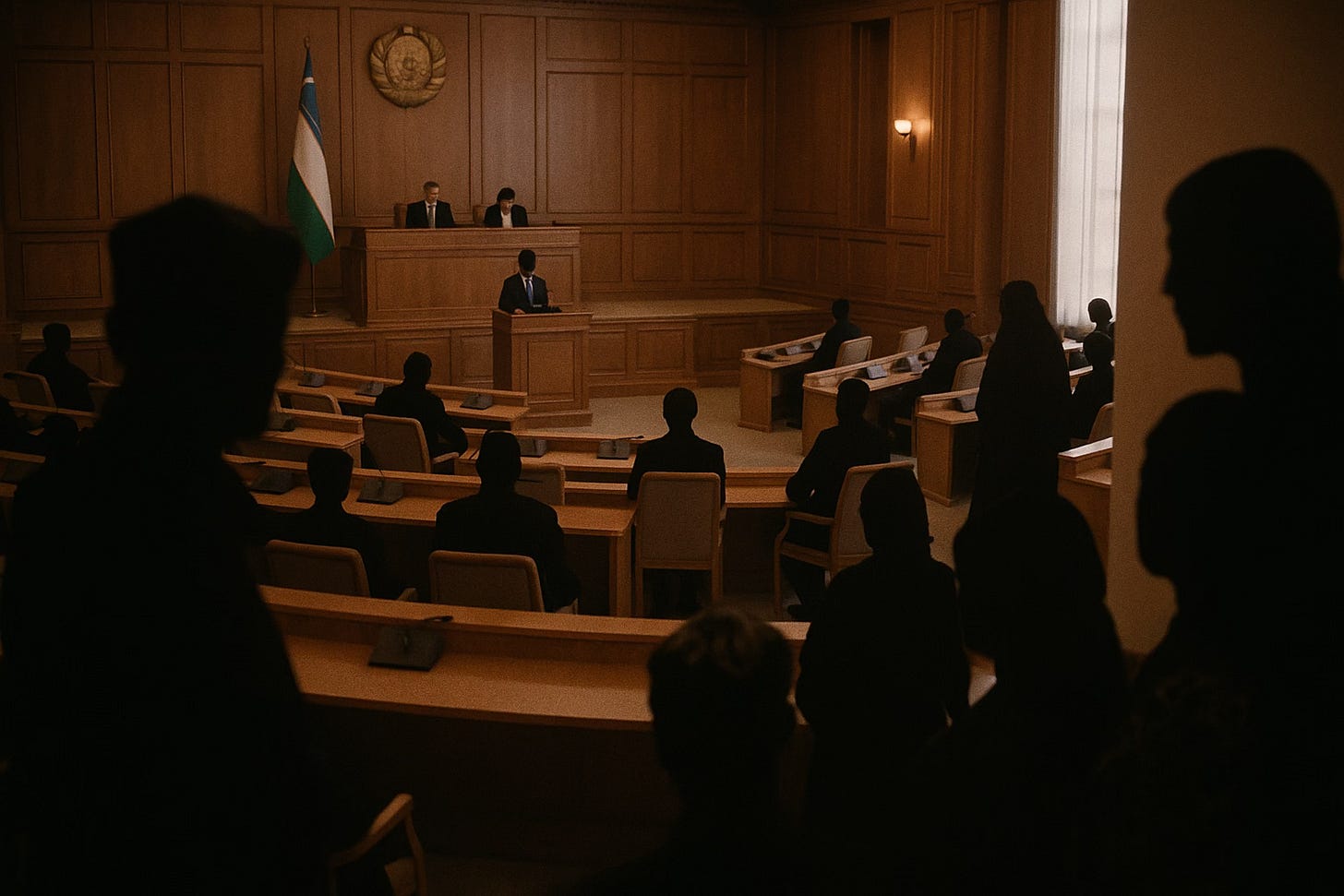Published in June 2006.
Summary and Recommendations
This Silk Road Paper was written by S. Frederick Starr at the request of the Policy Planning Unit of the Finnish Ministry of Foreign Affairs. It was commissioned after a joint seminar conducted in Helsinki in January 2006, focusing on priorities toward the Caucasus and Central Asia for the Finnish EU Presidency in the second half of 2006.
The writer is grateful to the Finnish Ministry of Foreign Affairs for this initiative and for its support for this research. The views expressed in this report are those of the author alone, and do not necessarily reflect the views of the European Union, the Finnish government, or the Finnish Ministry of Foreign Affairs.
Clans, regional elites, and financial magnates are a formidable presence in the politics of all Central Asian countries. Working behind the scenes, they have placed leaders in power for over forty years and define the nature of politics today.
The fundamental political dynamic in each country is between the president and these power brokers, not between president and parliament, as is often assumed in the West. Any effort to advance democratic norms must be built on the recognition of this reality.
Because of their lack of resources and personnel and their dependence on largely invisible power brokers, “authoritarian” rulers view themselves as weak. The countries they rule are in fact not over-governed but “under-governed.”
The presidents’ desire to emancipate themselves from control by the power brokers who put them in office and thus strengthen their rule can lead them to look favorably on parliaments and parliamentary elections, albeit for their own purposes. This is true even though parliaments may ultimately challenge the rulers’ authority.
Day-to-day parliamentary practice helps create a political class and concept of citizenship that is independent both of the authoritarian rulers and of the clans, magnates, and regional power brokers who put the parliamentarians in office.
Recognizing the above, Europe, in its efforts to advance democratization, should:
Focus more on parliamentary elections than on presidential elections, as these have the greatest potential for advancing the concept of citizenship with the least threat to overall stability.
Focus more on parliamentary practice and on political parties through exchanges and support, rather than on the development of NGOs. The day-to–day practice of parliaments and parties develops a political class that in turn reshapes government at both the local and national levels. NGOs, by contrast, are generally viewed as the creations of external interests and not part of the normal political process.
Pressure to remove authoritarian rulers is likely to lead either to the indefinite prolongation of their rule or to a descent into crises. The most likely outcome of crises in Central Asia is either the reaffirmation of the former inter-clan pacts, with dire consequences for the losing factions, or the creation of new pacts, leading to the repression of all those regions, clans, families and magnates who formerly held sway. Either outcome would be gravely destabilizing for each country and for the region as a whole.
Europe will be in a position to influence the evolution of political life in Central Asia only to the extent that it also makes a commitment to the region’s security and to its economic development. As noted above, national leaders feel themselves to be weak and beholden to clans, regional power brokers and magnates, as well as to external powers (mainly Russia) with whom the latter are often aligned. To the extent that Europe responds to the leaders’ security concerns and need for investment it will have a voice in how political life in the region evolves.
Click here to continue reading Clans, Authoritarian Rulers, and Parliaments in Central Asia.




